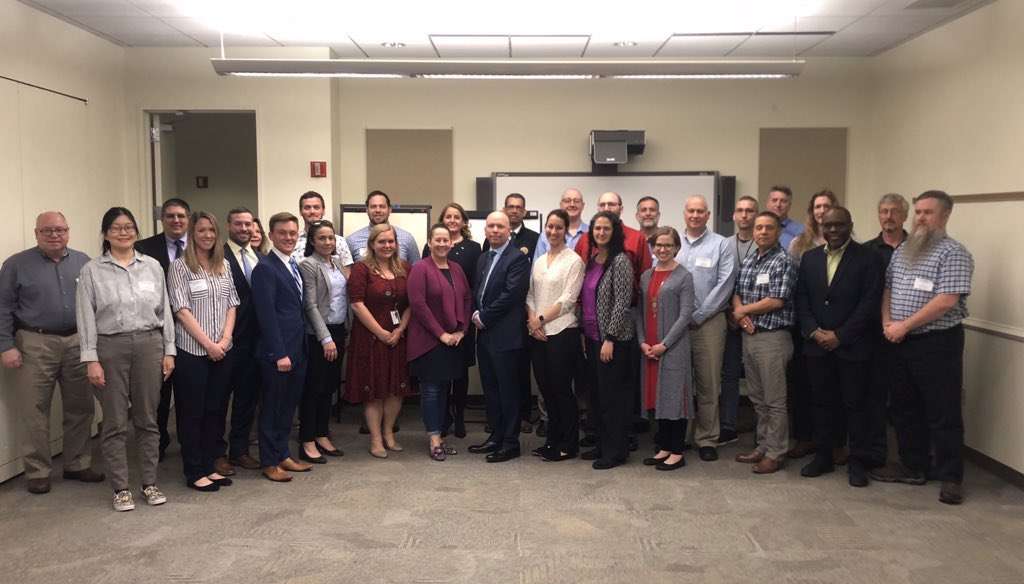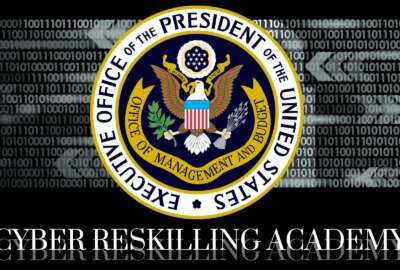

The CIO Council came up with funding to add five more students to the new effort to retrain non IT workers with cybersecurity skills.
The Federal Cyber Reskilling Academy received so much interest from federal employees that it expanded the number of students and going virtual.
Federal Chief Information Officer Suzette Kent announced the kick-off of the academy’s initial class and the increase in students.
A senior administration official said to Federal News Network that the overwhelming demand from federal employees, more than 1,500 applications, drove the CIO Council to see if they could add more students.
“The CIO council started working with the training provider to find ways to scale up the program for the future. The CIO council was able to find additional resources from its budget and was able to offer five additional slots for virtual training — expanding the inaugural class from 25 to 30,” the official said in an email. “We expect the virtual training will be a good alternative for agencies to offer their employees for future cohorts.”
The CIO Council said the first class started April 15 and will run through April 18 focused on cybersecurity essentials.



The second course, Sec 401, focuses on teaching students “the most effective steps to prevent attacks and detect adversaries with actionable techniques” and “tips and tricks” to deal with the wide range of cyber adversaries that organizations face, according to the SANS Institute, which is running the training effort.
The third course, Sec 504, spotlights approaches to incident handling and understanding how to design, build and operate their systems to prevent, detect and respond to attacks.
The council had scheduled “graduation” for July 15.
“The curriculum begins with a cyber essentials course that begins with an on-site workshop, followed by four weeks of follow-on learning, exercises, and exams. Students then attend a ‘bootcamp’ course live for six full days, followed by two weeks of study and a certification exam. The final course is another ‘bootcamp,’ followed by additional study and a final certification exam,” the council writes. “Students who successfully pass the certification exam move on to the final course, which follows a similar timeline.”
Additionally, the council said students will have the opportunity to work on extracurricular activities and exercises, such as online games and cyber competitions.
“Participants will receive career mentorship and soft skills guidance to help them prepare for re-deploying into the cybersecurity workforce,” the council writes.
OMB expects to run a second pilot later this summer with enrollment starting this spring.
“Based on experience and feedback from the first pilot, we have plans to improve and streamline the application process,” the official said.
OMB announced the reskilling effort in November with a focus on moving non-IT people into the cyber field.
“It’s a rigorous program designed to give the employees, even [those] that have not been in highly technical roles, the types of skills that would be necessary to work as a cyber defense analyst upon completion of the program,” Kent said during the reskilling announcement last fall.
Copyright © 2024 Federal News Network. All rights reserved. This website is not intended for users located within the European Economic Area.
Jason Miller is executive editor of Federal News Network and directs news coverage on the people, policy and programs of the federal government.
Follow @jmillerWFED
